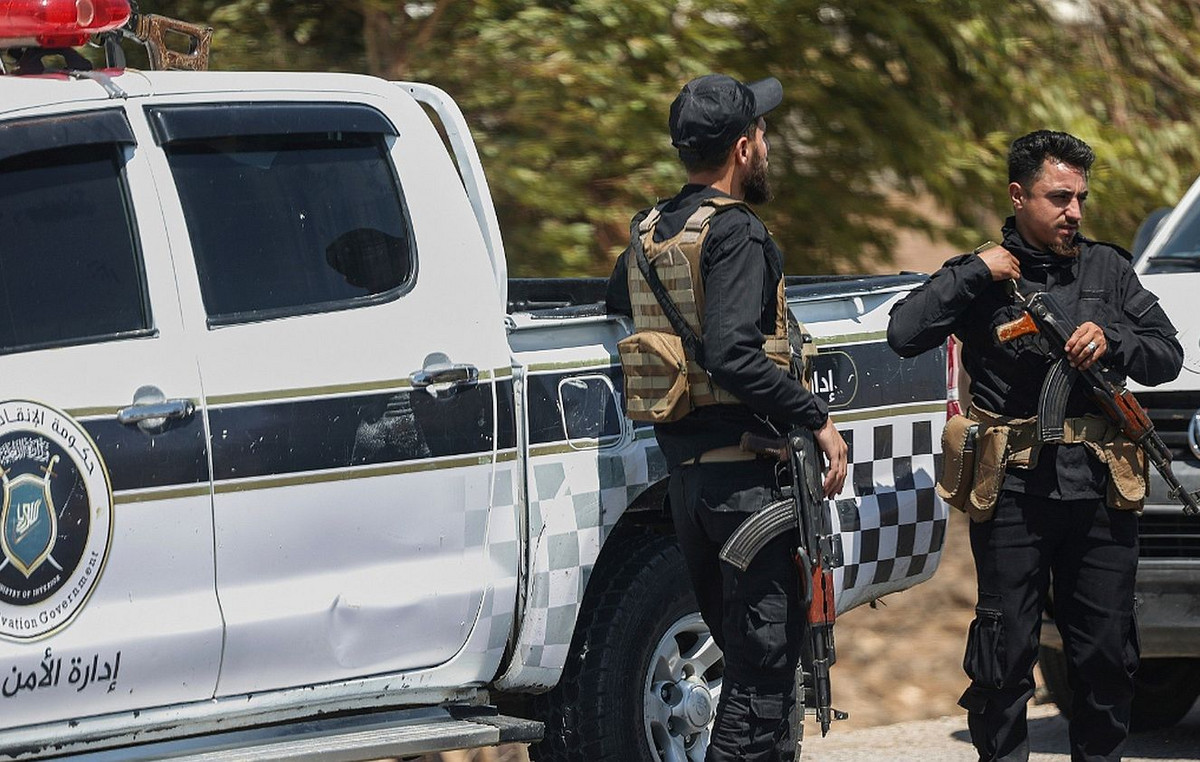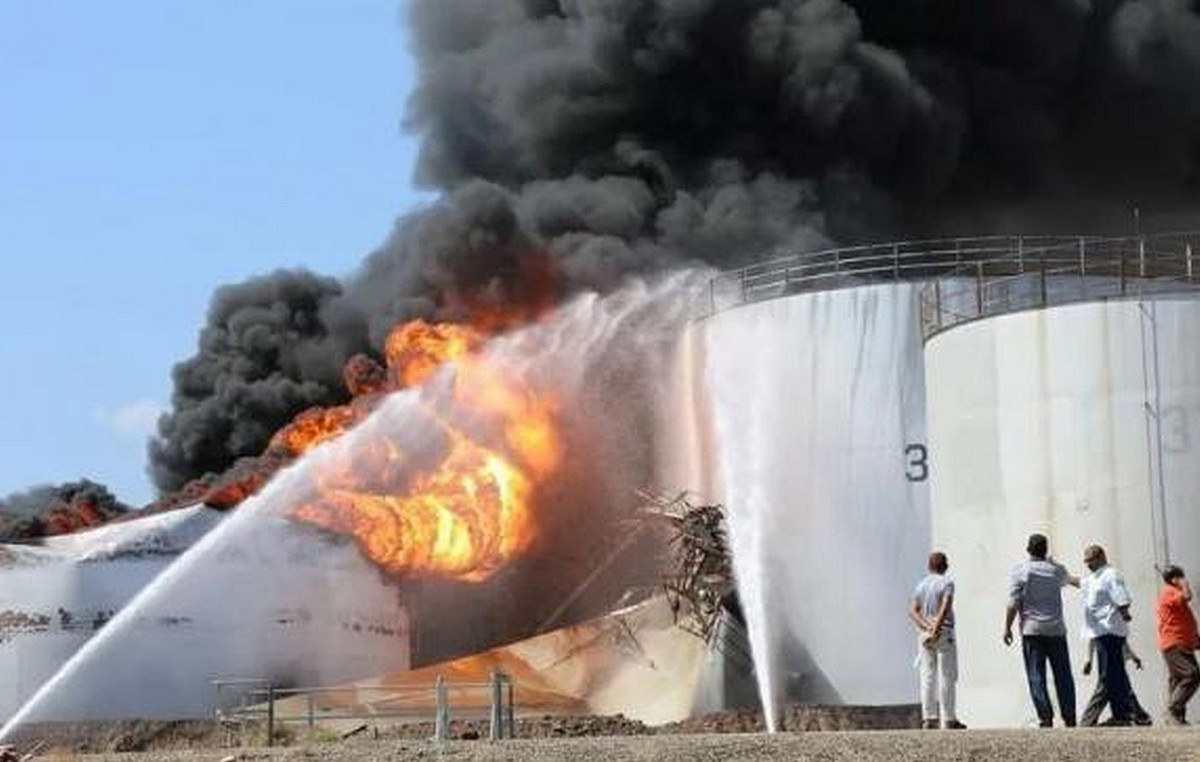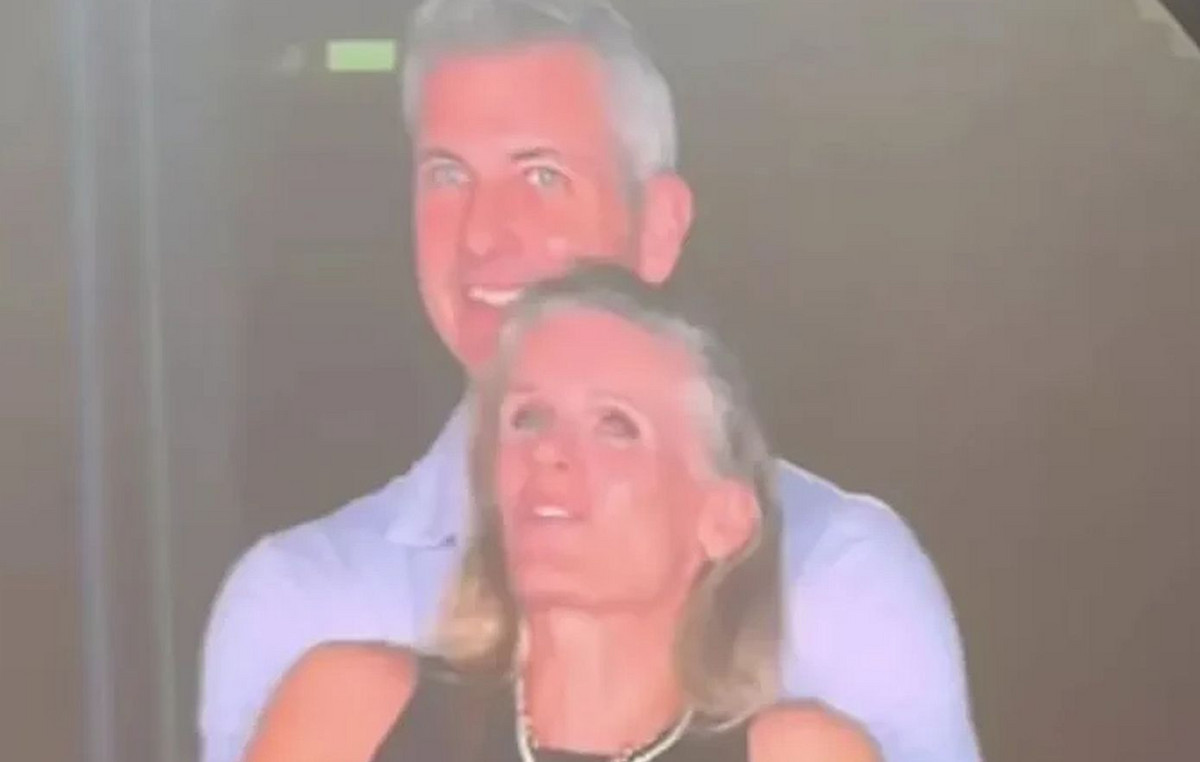The CIA has assessed that Hamas leader in Gaza, Yahya Sinwar, is under increasing pressure from his own military commanders to accept a cease-fire agreement and end the war with Israel, CIA Director Bill Burns said in a closed-door conference on Saturday, according to a source present.
Sinwar, the main architect of the Oct. 7 massacre in Israel, is not “concerned about his mortality” but is facing pressure about being blamed for the enormity of suffering in Gaza, Burns told the conference, the source said.
U.S. intelligence officials believe Sinwar is hiding in tunnels beneath his birthplace of Khan Younis in Gaza and is Hamas’s top decision-maker on whether to accept a deal.
Burns — who for months has led feverish negotiations as a representative of the Biden administration — said it was the responsibility of both the Israeli government and Hamas to seize this moment, more than nine months after the war began, to reach a cease-fire.
But the internal pressure Sinwar is now facing is new in the past two weeks, including calls from his own senior commanders who are tired of the fight, Burns said, according to the participant who was granted anonymity to discuss the confidential conference.
The CIA director was speaking at Allen & Company’s annual summer retreat in Sun Valley, Idaho, US. The event is sometimes called “summer camp for billionaires” because of its glitzy guest list of tech moguls, media titans and top government officials who are invited to the secretive week-long event.
The CIA declined to comment.
The mounting pressure on Sinwar comes as Hamas and Israel have agreed to a framework agreement that U.S. President Joe Biden outlined in late May. That is what U.S. officials have said is being used as the basis for a deal to end the fighting.
Burns had just returned from his latest trip to the Middle East last week to try to advance negotiations on a Gaza ceasefire and hostage deal, meeting with mediators from Qatar and Egypt as well as Israel’s foreign intelligence chief.
On Saturday, Burns said there was a “fragile possibility before us” and that the chances of a cease-fire being agreed were higher than they have been, months after a brief temporary truce freed dozens of hostages in November. But he stressed that the final stage of negotiations is always difficult.
The new push came after previous discussions collapsed in May following a similar series of meetings and trips by Burns to the region.
Israeli Prime Minister Benjamin Netanyahu is also facing immense domestic pressure to strike a deal that would bring home the remaining hostages held in Gaza.
Thousands of Israeli protesters regularly take to the streets of Tel Aviv demanding that the government focus on returning the hostages rather than the military campaign.

“Gaps to close”
“There are still gaps to close, but we are making progress, the trend is positive,” Biden said Thursday, “and I am determined to get this deal done and end this war, which must end now.”
Israel’s campaign in Gaza has killed more than 38,000 Palestinians, according to the Hamas-controlled Gaza Health Ministry.
Thousands are believed to be missing under the rubble and hundreds of thousands face disease, hunger and homelessness, according to aid organizations.
In addition to the sheer amount of detail being hashed out in the potential deal, negotiations are routinely delayed by the difficulties of getting messages to and from Sinwar as Israel tries to hunt him down.
Of the three most senior Hamas leaders in Gaza, Israel is believed to have found and killed only one: Marwan Issa, the second-in-command of the military wing. Its military chief, Mohammed Deif, was targeted by Israel in a bombardment on Saturday that killed nearly 100 Palestinians and wounded hundreds more, according to Palestinian health officials.
Neither Israel nor the US has determined whether Deif was killed in the strike.
U.S. officials believe Sinwar no longer wants to rule Gaza and both Israel and Hamas have signed an “interim governance” plan that would begin in the second phase of a cease-fire in which neither would control Gaza, a U.S. official told CNN .
Qatar also made clear it would expel Hamas’s political leadership from its longtime foreign base if the militant group did not adhere to the plan, U.S. officials say.
In Hamas communications seen and reported recently by The Associated Press, senior Hamas leaders inside Gaza urged figures outside the group to accept Biden’s cease-fire proposal, citing heavy losses and dire conditions in Gaza.
Perhaps as an indication of its eagerness to end the fighting, Hamas recently backed down on its main demand that a cease-fire agreement include guarantees that it would lead to a permanent cease-fire, a long-standing sticking point in the negotiations that Israel had refused to address.
Netanyahu then insisted that any deal must allow Israel to return to fighting until its war aims are achieved.
This means that a lull in the fighting could begin, which would result in the release of some Israeli hostages and Palestinian prisoners, before Israel restarts military operations.
Biden’s proposed framework says a permanent cease-fire would be negotiated during the first phase of a pause in fighting, which would continue as long as negotiations continue.
On the same day that Burns spoke, Netanyahu told a news conference that he would not budge “one millimeter” from the framework laid out by Biden, while also claiming that Hamas had requested 29 changes to the proposal but he had refused to make any.
There are still “difficult issues to resolve,” a source familiar with the negotiations told CNN after Burns’ meetings in Doha. A second source agreed, saying there was “still a long way to go.”
Source: CNN Brasil
Bruce Belcher is a seasoned author with over 5 years of experience in world news. He writes for online news websites and provides in-depth analysis on the world stock market. Bruce is known for his insightful perspectives and commitment to keeping the public informed.







